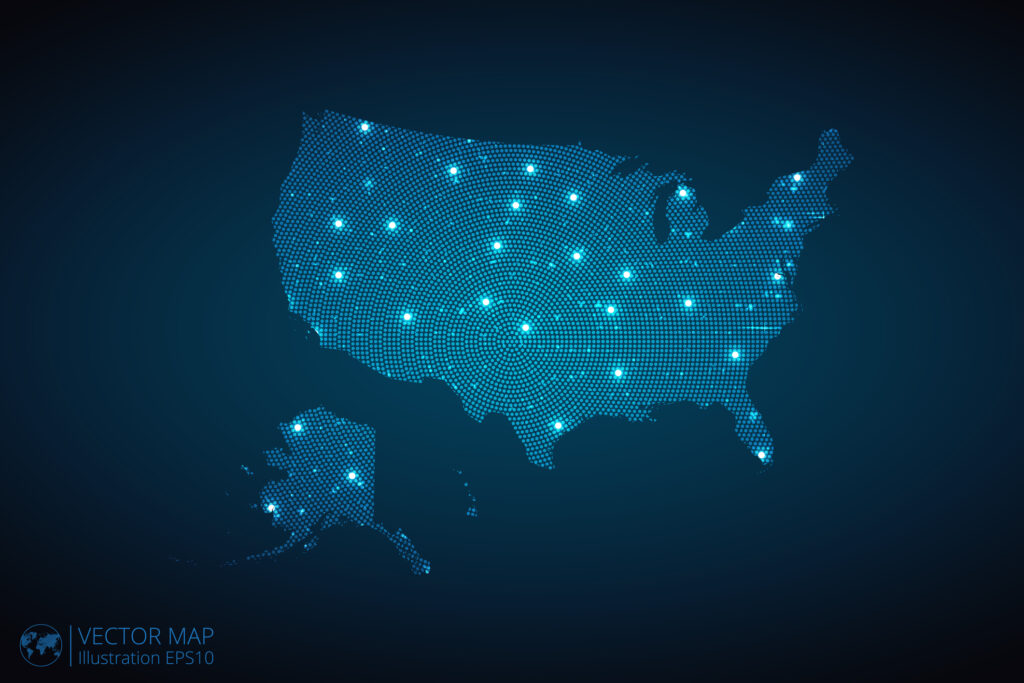Members of Congress seem determined to beef up laws designed to protect children when they surf the Web, despite warnings that strengthening the Children’s Online Privacy Protection Act (COPPA) would lead to invasions of privacy and lead to courts overturning the law.
Sen. Jay Rockefeller (D-WV) convened hearings of the Senate Commerce Committee this spring in which representatives from online giants such as Facebook and Microsoft urged Congress to go slowly with any updates to COPPA. Industry self-regulation, as well as new guidelines the Federal Trade Commission is proposing, should be enough to protect children in an ever-more connected online world.
Rockefeller, however, sharply objected to that notion, saying “children have already disappeared from this process,” and was not supportive of the idea that the Web industry does not “need the government to tell us what to do.”
A Discredited Regulatory Road
Berin Szoka, a technology expert at the Progress and Freedom Foundation in Washington, DC, says Rockefeller’s stricter guidelines threaten to recreate the conditions that saw federal courts immediately strike down the 1998 Child Online Protection Act (COPA). Push to far, he said, and its constitutionally kosher sibling, COPPA, may share the same fate.
“If all social networking sites require age verification, you have exactly the same situation with COPA—which is, you are requiring adults to prove that they are not children by authenticating their and divulging something about their identity,” Szoka said. “This is precisely why the courts struck down COPA.
“These two laws, COPA and COPPA, are the most confusing acronyms ever,” he added. “COPPA was not struck down because it is limited, in effect, to cases where a Web site is designed and limited to children, in which case age verification is required. However, if we expand the age ceiling we could [end] up with a functional convergence to COPA.”
Tweak, or Massively Overhaul?
While members of the Internet industry say COPPA needs only minor tweaks, Sascha Meinrath, a telecommunications expert at the Washington, DC-based New America Foundation, believes the law needs a massive overhaul.
Meinrath says Congress should transform COPPA into a law with far-reaching privacy protections—for not only young Americans, but older ones too.
“COPPA is egregiously impotent, and increasingly irrelevant to the modern Internet and the services and applications that users run online,” Meinrath said. “What we need is not a new act protecting children’s privacy, but rather a systematic protection of everyone’s privacy, young and old alike.
“The fact that the U.S. continues to operate without these basic consumer protections puts it at odds with a growing list of other industrialized nations,” he added. “These protections need to extend to all online services. Likewise, consumer control over personally identifiable information needs to part of this legislative solution.”
Update, Don’t Rewrite
Szoka, however, says any changes to COPPA should simply reflect the new ways Americans consume the Web since the law was passed, not widen its scope
“The main questions here really are more about information transmission issues,” Szoka said. “Does COPPA apply to mobile phones? Do text messages count? There are some unresolved statutory questions here. And if text messaging does count, companies can very easily update their policies.
Szoka adds that the regulatory attitude of Rockefeller and his congressional allies threaten “the elegant nature” of the way the statute works with a vibrant Internet. But now, he says, “they want to take COPPA and make it no longer limited in scope.”
COPPA Is Working
“In terms of increasing parental involvement in monitoring their children’s online activity, COPPA has worked reasonably well,” Szoka said. “The people who are proposing these massive changes to this elegant statute will inevitably end up tramping on free speech rights of other users.
“That is not really a problem with COPPA right now. But expanding it will make the law run into serious problems,” Szoka said, adding that updating the law to apply to new Internet delivery systems “would not require dramatically changing COPPA and certainly would not require changing the law.”
COPPA is ‘Paternalism’
Szoka believes the impetus behind massively expanding COPPA is representative of paternalism, which is rampant in Washington.
“It is paternalism that is pushing them to argue for this huge expansion,” Szoka said. “It is a mindset that says: ‘Parents are too dumb, and too lazy, and don’t make the right choices for their children so government has to step in with regulations.’ “
“But parents are the ones that should be making these choices,” he added. “And as children get older, they will increasingly make the choice themselves. We cannot keep kids totally insulated from the real world—a sort of barbed-wire approach to parenting that disappears once they go off to college.”
Thomas Cheplick ([email protected]) writes from Cambridge, Massachusetts.




